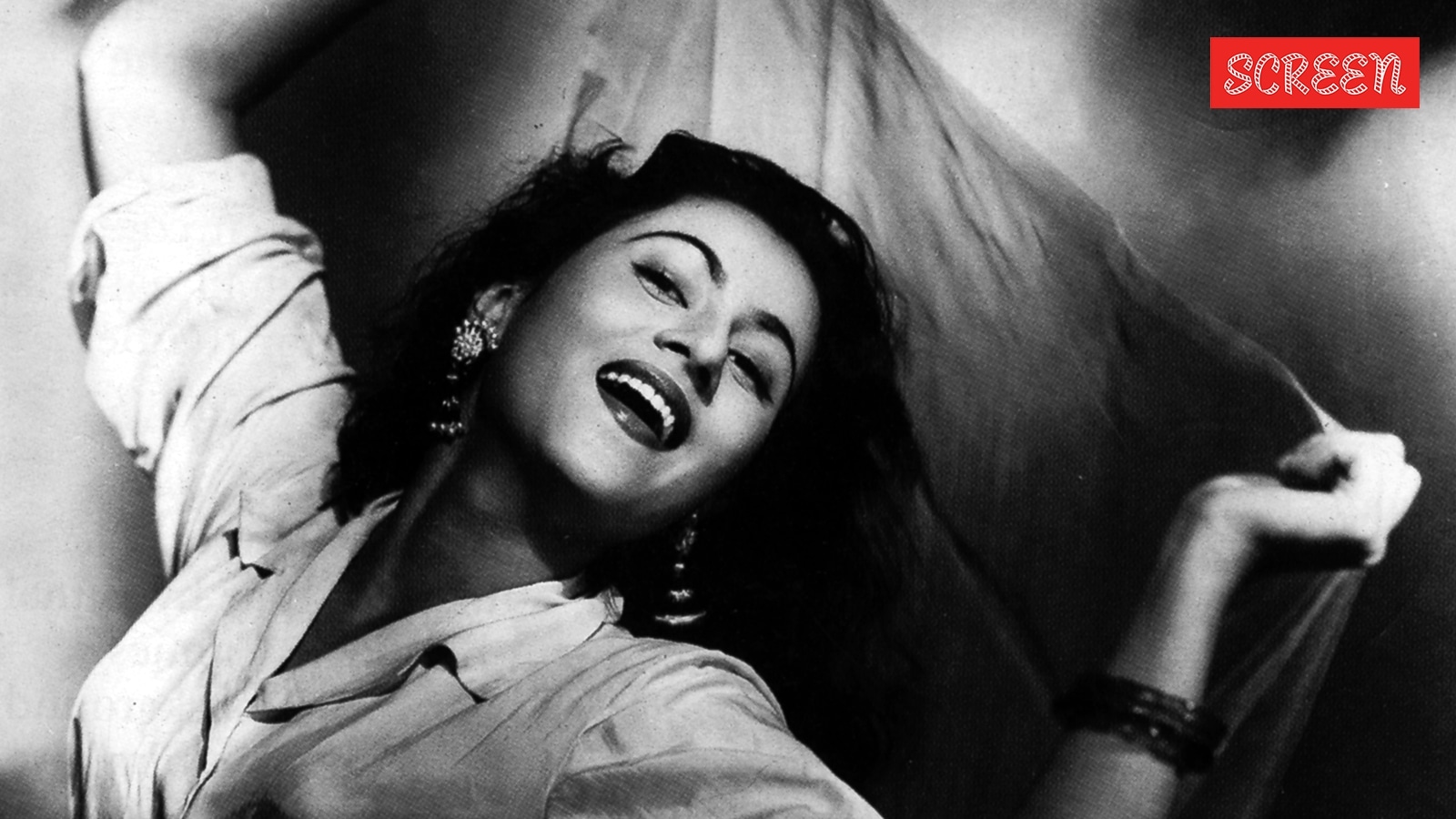Dilip Kumar and Madhubala's Tragic Love Story
The patriarchal society that Madhubala lived in, and the controlling nature of her father, had a profound impact on her life and career, affecting her relationships and ultimately leading to her tragic demise at a young age, a fate that could have been avoided if she had been given the freedom to make her own choices.

Madhubala, the "biggest star in the world" at 19, was controlled by her conservative and orthodox father, Attaullah Khan, who dictated every aspect of her life, including her career and relationships, ultimately affecting her romance with Dilip Kumar.
Madhubala's father started her in the film industry at 8 years old and pushed her to work tirelessly, even when she was ill, due to a heart condition that often caused her to faint on sets. He controlled her finances, deciding which films she would do and how much money she would make, and also had a ban on parties and socializing, fearing that it would harm her. This strict control led to a breakdown in her relationship with Dilip Kumar, as her father wanted him to work under him in his production company.
Madhubala's life was a testament to the patriarchal society she lived in, where women were seen as commodities to be exploited for financial gain. Her father, Ataullah Khan, was the product of this society and saw Madhubala as a means to secure a decent livelihood for his family. Despite being a talented actress, Madhubala was forced to work long hours in heavy costumes, often when she was unwell, and was not allowed to have any personal freedom.
Madhubala's international fame led to a Hollywood offer from Frank Capra, but her father rejected it due to concerns about American film intimacy. She was diagnosed with congenital heart disease in 1954 and stepped away from films, only to make a comeback with hits in the late 1950s, including Mughal-e-Azam, which was India's highest-grossing film at the time. Her final release was Sharabi in 1964, and she died in 1969 at 36, with her final film, Jwala, released posthumously.
Madhubala's story is a tragic reminder of the impact of patriarchal societies on women's lives, where their autonomy and agency are denied, and they are forced to live according to the dictates of their families. Her relationship with Dilip Kumar remains a poignant reminder of the sacrifices she made for her family and the film industry.